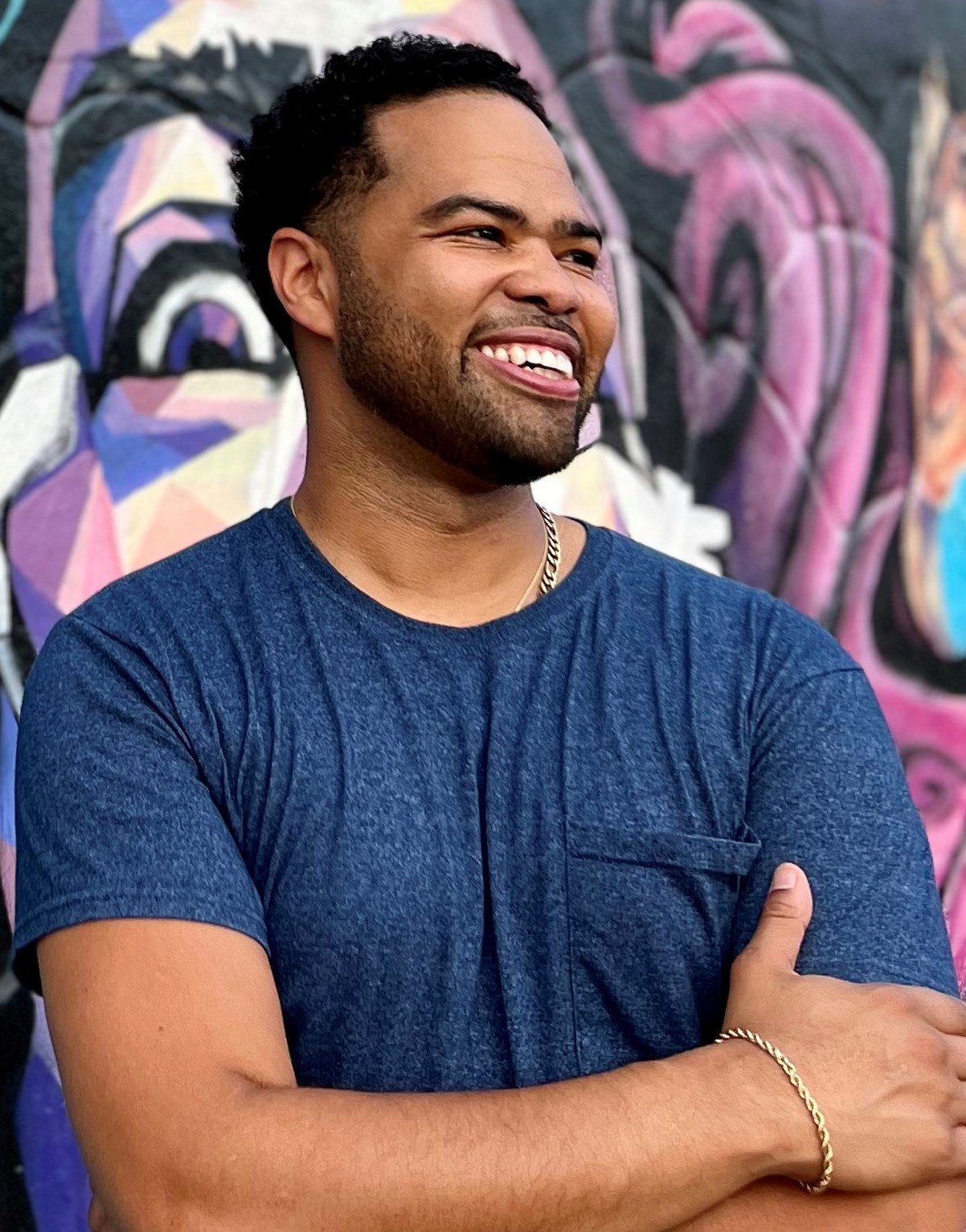Exploring Forgiveness, Justice, and the Death Penalty
By Aaron Edward Butler, Esq., Guest Editorial
On August 3, 2023, the legal gavel fell heavily, sentencing Robert Bowers to death for his brutal assault on the Tree of Life synagogue, resulting in 11 deaths and six grievous injuries. Similarly, in 2015, Dylann Roof faced the same fate for his hate-driven massacre of nine worshippers at Mother Emanuel African Methodist Episcopal Church. These two incidents, driven by the sinister ideologies of antisemitism and white nationalism, shook our nation. Yet, in the wake of such darkness, the reactions from these bereaved congregations stood in stark contrast.
After the Mother Bethel AME tragedy, a surprising and profound reaction unfolded: forgiveness. Grieving family members confronted Roof in the courtroom, extending their forgiveness. Amid unparalleled pain, this poignant act of grace sparked national introspection on the enduring power of mercy. Though unique, the Tree of Life community’s grieving journey emphasized the delicate dance between seeking justice and offering forgiveness.
As a Black and Latino Federal Public Defender, I represented many individuals on death row who shared my racial and ethnic backgrounds. Standing with them, I have witnessed the glaring biases in our justice system. Instead of the fair trial and equality our system promises, many I defended seemed to face additional hurdles based on deep-rooted systemic disparities — the same disparities I have encountered in my life, though not with such dire stakes.
These heart-wrenching incidents have reignited national debates on the death penalty. While some vehemently believe heinous crimes deserve the ultimate punishment, one must ponder: Are we seeking true justice or merely perpetuating a cycle of violence? My experiences within the legal corridors underscore the unsettling reality: the death penalty often casts a longer, darker shadow over marginalized communities.
Our justice system, sworn to uphold fairness, frequently falters, especially when met with capital punishment cases. Beyond racial biases, the lack of financial resources often determines who stands most vulnerable before the might of the state. As we grapple with the aftermath of these hate-infused acts, there is an urgent need for introspection and reform. It is about more than just avoiding wrongful convictions; it is about ensuring justice is meted out equitably.
Reflecting upon the sorrowful episodes at Mother Bethel AME and Tree of Life, the quest for justice undeniably takes on multifaceted hues. While our pain and anger resonate deeply, as believers in a world founded on justice and mercy, we must balance our calls for retribution with a profound understanding of the essence of forgiveness.





